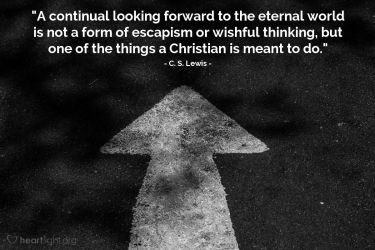

Without your daily dose of Scripture, it’s tough to be at your best all day.īut reading your Bible isn’t just something you need to do to stay spiritually healthy. I don’t have the energy I used to throughout the day. Caffeine is something I’ve made a part of my regular diet for a purpose-and when I stop having it, I feel it. I’ve never been a coffee drinker, but I have energy drinks all the time because they help me stay alert and focused when I need to be. In those moments, losing sight of the value of daily Bible study is more like cutting caffeine from my diet. ” Before I know it, I’m not just paraphrasing Scripture anymore-I’m making vague references to it, or letting other sources have a greater impact on my understanding of God’s character. The more the spaces grow between my daily readings, the more I find myself saying things like, “That reminds me of a verse in ,” or, “That sounds kind of like the passage where. Our knowledge of him is supposed to transform us into “the aroma of Christ” (2 Corinthians 2:15), but something smells fishy. God’s Word is meant to permeate every aspect of our lives. I see non-Christians all the time who have no idea how closely their innermost desires parallel God’s desires for them.Ī Christian, though, is much more likely to notice the source of this spiritual deficiency-we’ve already been exposed to the source of God’s wisdom, truth, and perspective. But that doesn’t mean that as God’s creation they don’t, on some level, crave his truth, his wisdom, his love, or his perspective. Many non-Christians have no desire to read the Bible.

You might not even notice that you’re craving salty foods in particular, but your body is reacting to that deficiency by creating a desire for something that restores it. When you have a sodium deficiency, your body craves salty foods. These things aren’t bad in themselves, but when they’re the only sources of perspective, information, and insight you consume, something is missing.
Christians who have never read a book except the bible tv#
Blogs, social media, news, TV shows, books, and games. But sometimes we still fill up on junk food.

The Bible is one of our greatest sources of spiritual food. If you let bad habits keep footholds in your life, you’ll fail before you start, and you’ll never create the healthy new habits you want. Even if it’s something you really want for yourself, it’s easy to slip up and forget about it. Starting a Bible reading plan is like starting a new diet.Ĭhanging your diet takes discipline. On their own, Bible reading plans and verse memorization techniques are overwhelming-they take time and effort, and can leave you feeling guilty for missing a day, a week, or a meeting. If you don’t see the purpose behind the methods, you’ll burn out. But here’s the thing: these methods help you create discipline to do something you should want to do. The church has more Bible study plans, methods, groups, and techniques than we know what to do with. I grew up thinking, “But that’s still no excuse.” Yet, as I found myself encountering similar methodologies for Bible study, I couldn’t help but wonder, “Is this going to wear me out too?” My parents were once just as enthusiastic about Bible study as I was. They were spiritually scarred by their perspective of Bible study. Both of my parents have preferred to learn and grow by reading someone else’s reflections on Scripture rather than diving into it themselves. Reading the Bible and memorizing its verses had been impressed upon them so strongly that they could no longer read the Bible without also recalling the negative reinforcement and guilt that often accompanies regimented Bible-reading groups. For my parents, years of task-oriented, check-the-box dedication to Bible study left them with a bitter taste in their mouths. Our conversation turned to my parents, who have been incredible, faithful examples of what it means to follow Jesus all my life-but they rarely read the Bible. I still felt like I was growing and learning, but deep down I knew I was missing something. The spaces between my personal reflections on Scripture were growing wider. I was talking with a friend recently about how I’d been spending a lot of time reading books about the Bible, but less time reading the Bible itself. Facebook Twitter Reddit Pinterest Email LinkedIn


 0 kommentar(er)
0 kommentar(er)
